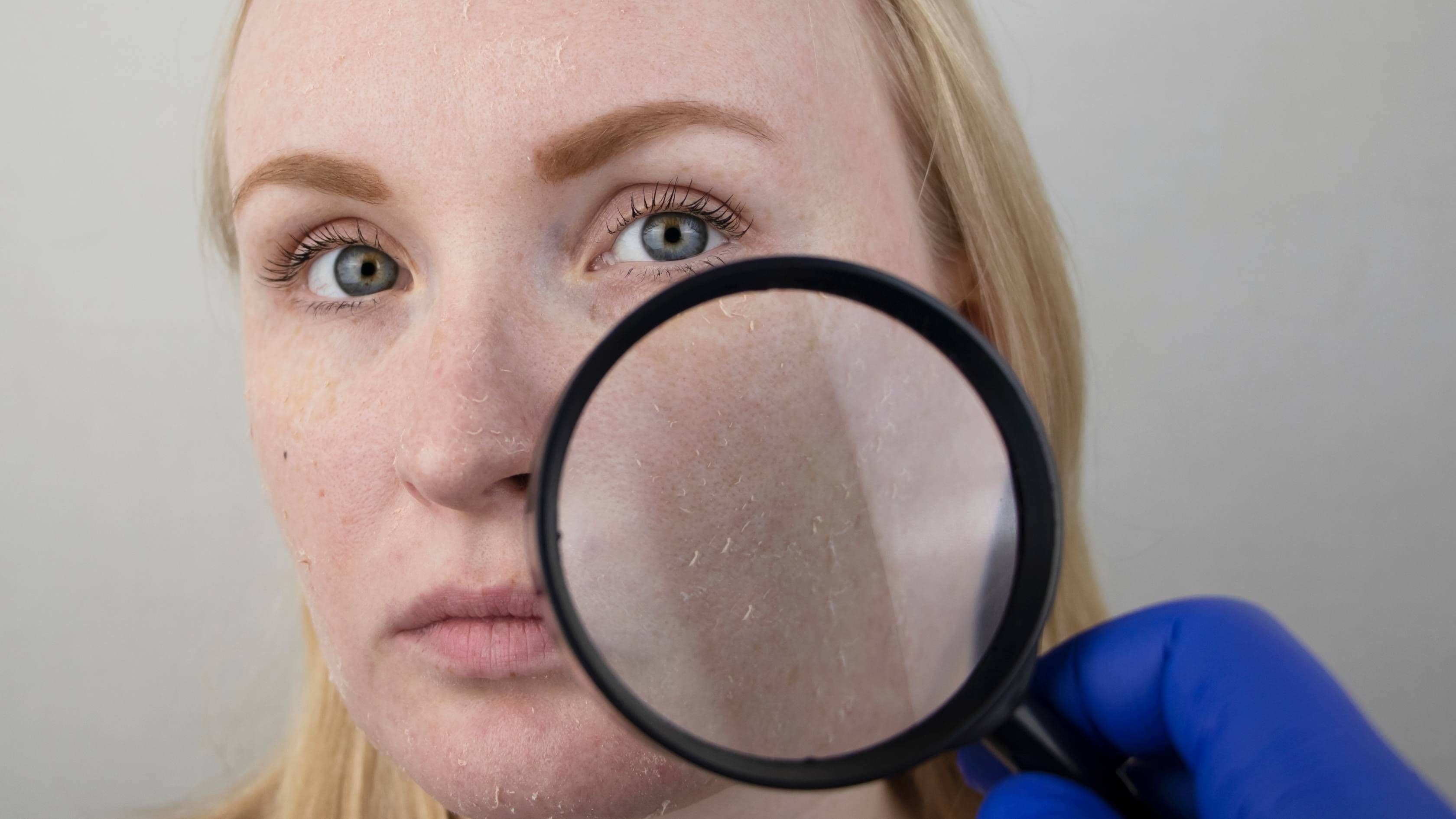Eczema: Unveiling the Itch Behind the Rash
Eczema, also known as atopic dermatitis, is a common inflammatory skin condition characterized by itchy, dry, and irritated patches of skin. It can flare up unpredictably, causing significant discomfort and disruption to your daily life. This comprehensive guide explores the causes, symptoms, diagnosis, treatment options, and management strategies for eczema.
What is Eczema?
Eczema disrupts the skin's natural barrier function, making it difficult to retain moisture and protect itself from irritants. This leads to dryness, inflammation, and intense itching. Eczema is not contagious and often affects young children, but it can develop at any age.
Types of Eczema:
There are several types of eczema, each with slightly different characteristics:
- Atopic Dermatitis: The most common type, typically affecting the face, hands, elbows, and knees.
- Contact Dermatitis: Caused by direct contact with irritants or allergens.
- Hand Eczema: Specifically affects the hands, causing cracking, dryness, and painful itching.
- Dyshidrotic Eczema: Develops on the palms and soles of the feet, with tiny, itchy blisters.
- Nummular Eczema: Appears as coin-shaped patches, often on the hands, arms, legs, or torso.
- Seborrheic Dermatitis: Affects the scalp, face, and upper chest with red, scaly patches.
Eczema can manifest in various forms, but all types share the common features of dry, itchy, and inflamed skin. Identifying the specific type can help guide treatment decisions.

Recognizing the Signs and Symptoms
Symptoms of Eczema:
The telltale signs of eczema can vary depending on the type and severity, but common symptoms include:
- Dry, itchy skin: The hallmark symptom, ranging from mild to severe. Scratching can worsen the itch and lead to breaks in the skin, increasing the risk of infection.
- Redness and inflammation: Affected areas may appear red, inflamed, and swollen.
- Small, raised bumps: Tiny bumps may appear on the affected skin, particularly with atopic dermatitis.
- Cracked, thickened skin: In chronic cases, the skin may become thickened and cracked, especially on the hands and feet.
- Oozing or crusting: In severe cases, the skin may ooze or develop crusts due to scratching and inflammation.
Triggers and Aggravating Factors:
Several factors can trigger or aggravate eczema symptoms, including:
- Dry weather: Low humidity levels can worsen dry, itchy skin.
- Irritants: Exposure to harsh soaps, detergents, wool clothing, or other irritants can trigger flares.
- Allergens: Dust mites, pet dander, pollen, or food allergies can worsen eczema in some individuals.
- Stress: Stress can exacerbate eczema symptoms.
- Sweat: Excessive sweating can irritate eczema-prone skin.
Understanding your eczema triggers and aggravating factors is crucial for managing flare-ups and preventing further irritation.